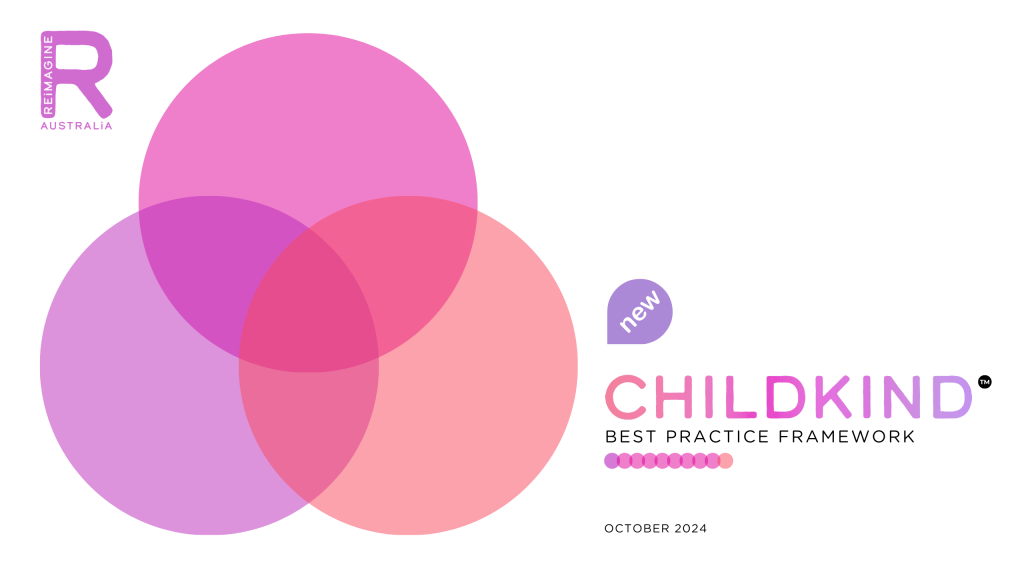CHILDKIND WAY OF WORKING #1

“Ensuring needs, values, and perspectives are prioritised, fostering a supportive and collaborative environment.”
Centre Me & My Family emphasises the importance of prioritising families in decision-making about their children, taking into account the needs, values, and perspectives of families in all decision-making processes related to their children
Family-Centered Approach: Families are the best experts on their children’s needs, ensuring tailored support through effective communication that fosters understanding and trust.
Compassionate Support: A compassionate and present approach ensures that families receive empathetic care, enhancing their overall experience and well-being.
Trauma-Informed Care: Acknowledging trauma ensures empathetic and understanding support for families facing challenges.
As outlined in Reimagine Australia’s ChildKind Best Practice Framework (2024), the early years of a child’s life are critical in laying foundations for lifelong learning, behaviour and health. Significant research has occurred over the past 20 years on how early experiences in a child’s life impact on future development. “The exceptionally strong influence of early experience on brain architecture makes the early years of life a period of both great opportunity and great vulnerability for brain development” (National Scientific Council on the Developing Child, 2007, p. 1). The early years are particularly critical for children with disability, developmental delay and neurodivergence. Not only does this unique window of opportunity support the development of critical skills, but also provides foundations for future growth and independence.
Early identification of disability, developmental delay and neurodivergence means that more targeted, responsive, timely and effective interventions can occur. “Early developmental supports tailored to a child’s specific needs can enhance their developmental trajectory, improving their quality of life and their ability to participate meaningfully in it” (Reimagine, 2024). Not only are developmental supports important for children with disability, developmental delay and neurodivergence, but also extend to the child’s family and broader community.
Observe and Respond, as a way of working, relates to the ‘detection and diagnosis‘ phase of the child’s early developmental support journey. This way of working is broken down into 3 Key Competencies. In practice, these competencies might be illustrated as follows:
Detect: Strong knowledge of child development to allow awareness of early signs of disability, developmental delay, and neurodivergence. Observation is a natural tool for detection and assessment which can be foundational for additional assessment.
Act: Intervening early so that children with disability, developmental delay and neurodivergence can be appropriately supported. This support extends beyond the child to their family as well, who often require support throughout the diagnosis process.
Refer and Equip: A strong foundation of observation which can facililitate to referral to supports beyond your existing service so a child and their family can receive appropriate and timely support.
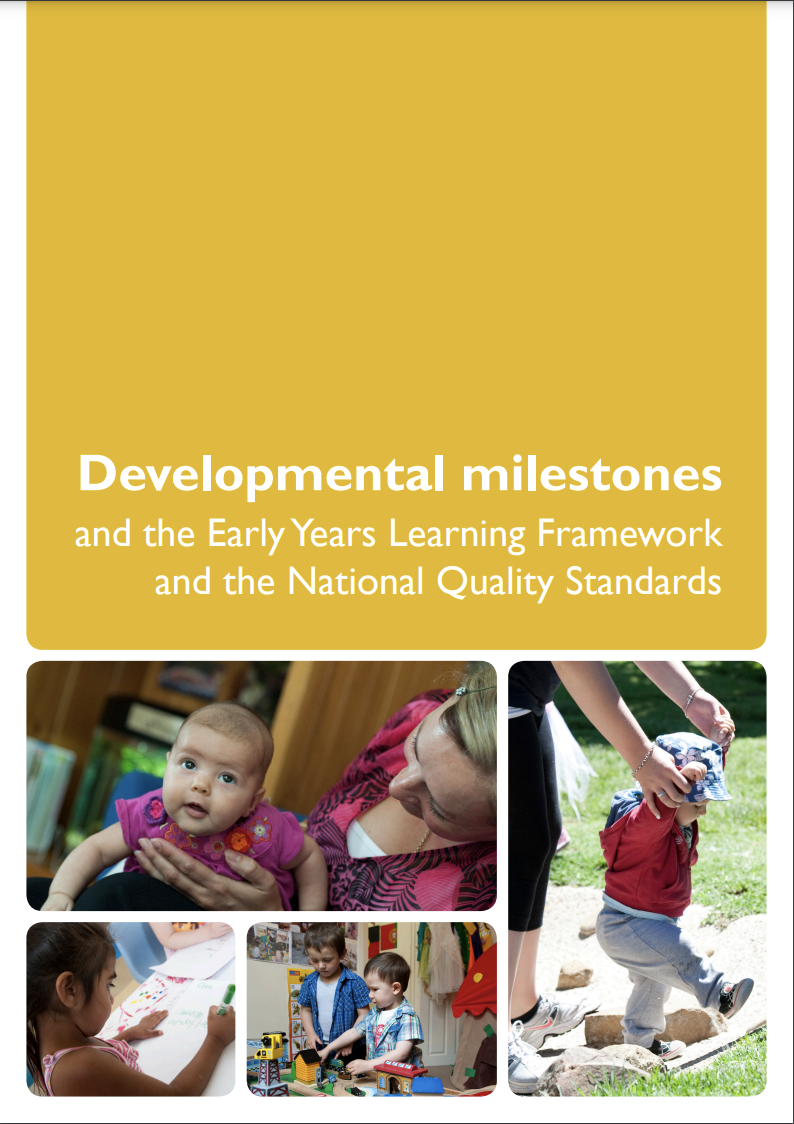
Developmental milestones and the Early Years Learning Framework and the National Quality Standards
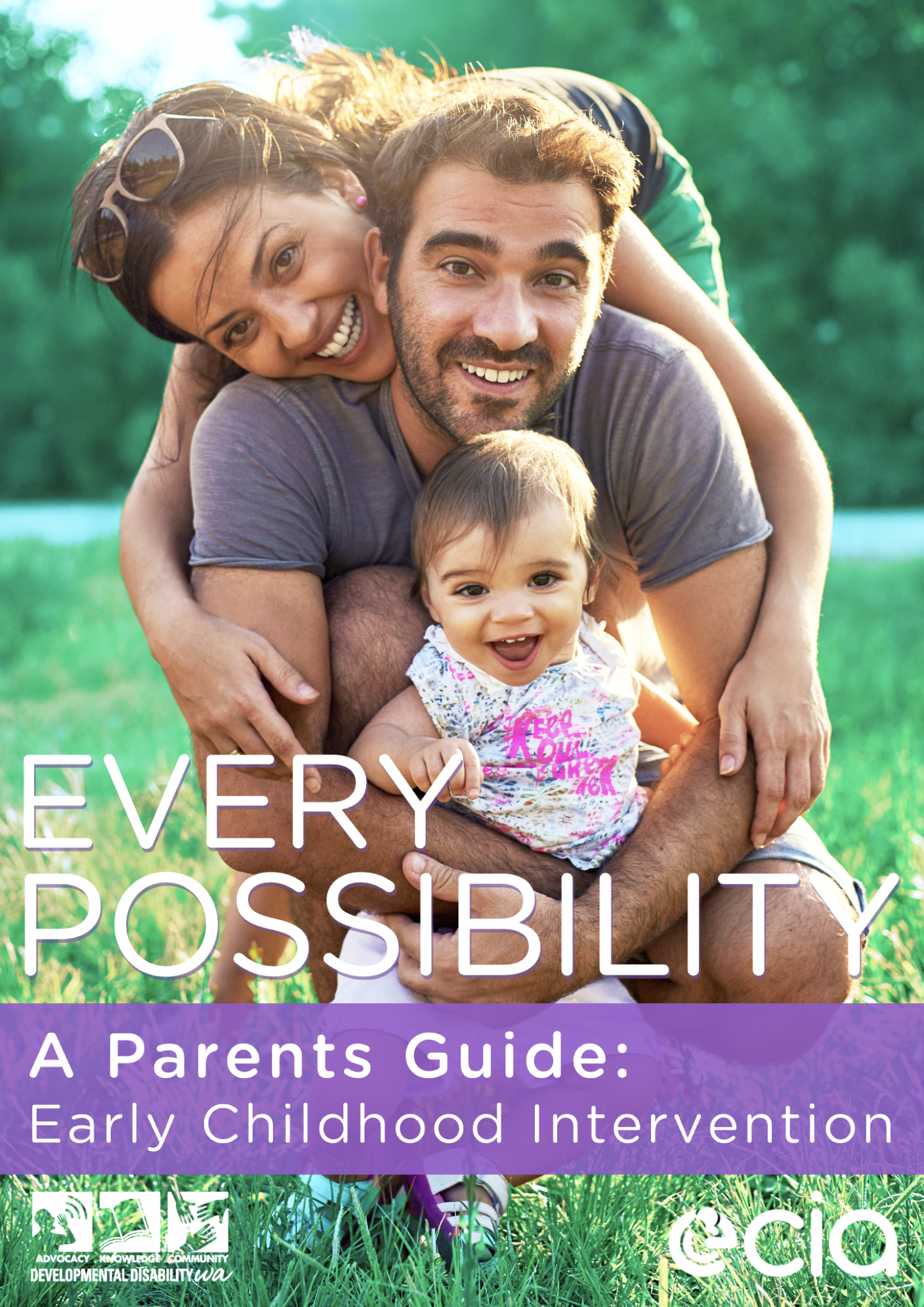
A parent guide by Developmental Disability WA & Early Childhood Intervention Australia (2019) to help get the best out of early childhood therapy support for children with disability, developmental delay, or neurodivergence.
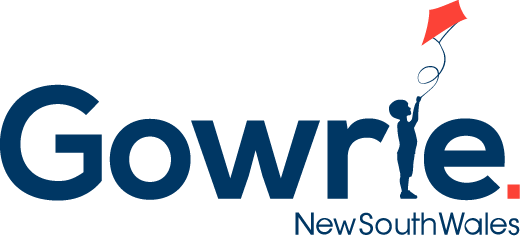
A practical resource from Growrie NSW ‘Thought Leadership’ tols and resources, supporting the importance of observation in the early years.
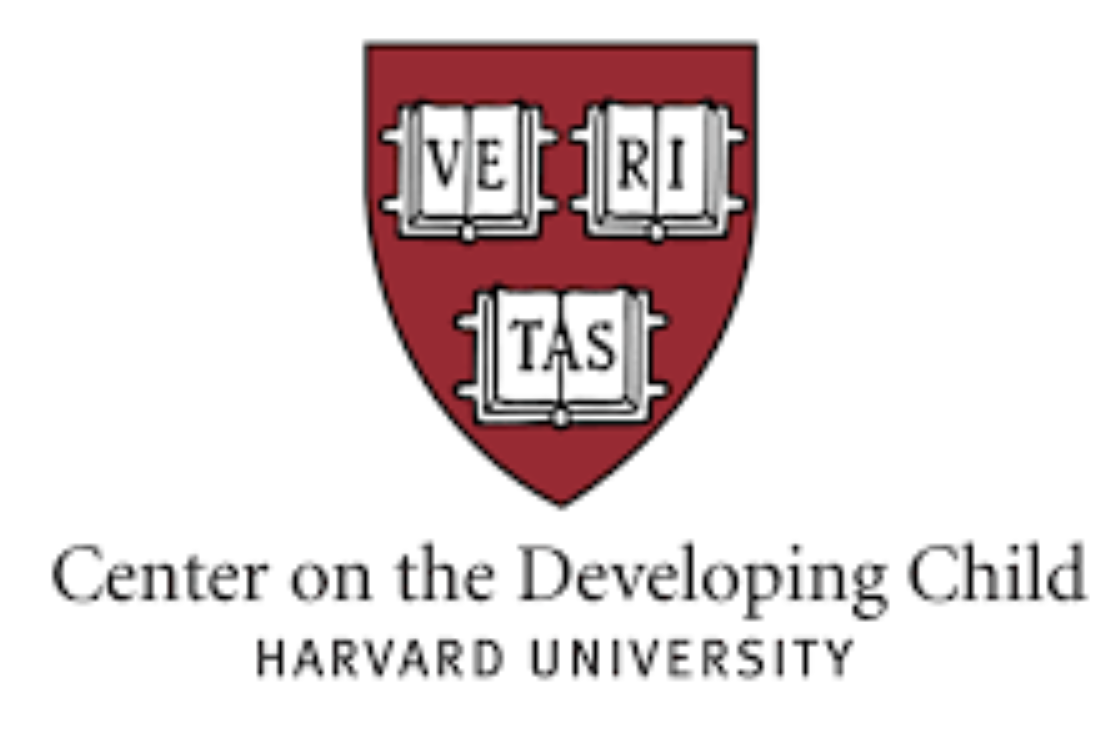
National Scientific Council on the Developing Child (2007). The Timing and Quality of Early Experiences Combine to Shape Brain Architecture: Working Paper #5.
The National Scientific Council on the Developing Child (2007) underscores that early experiences strongly influence brain architecture, making this a period of both opportunity and vulnerability. By observing and responding effectively, practitioners can leverage this critical window to promote optimal brain development and support future growth and independence.
Centre on Developing Child, Harvard University
Access more information on the ChildKind Best Practice Framework with its 10 Ways of Working, 30 Key Competencies and 8 supporting Values and Behaviours here:
